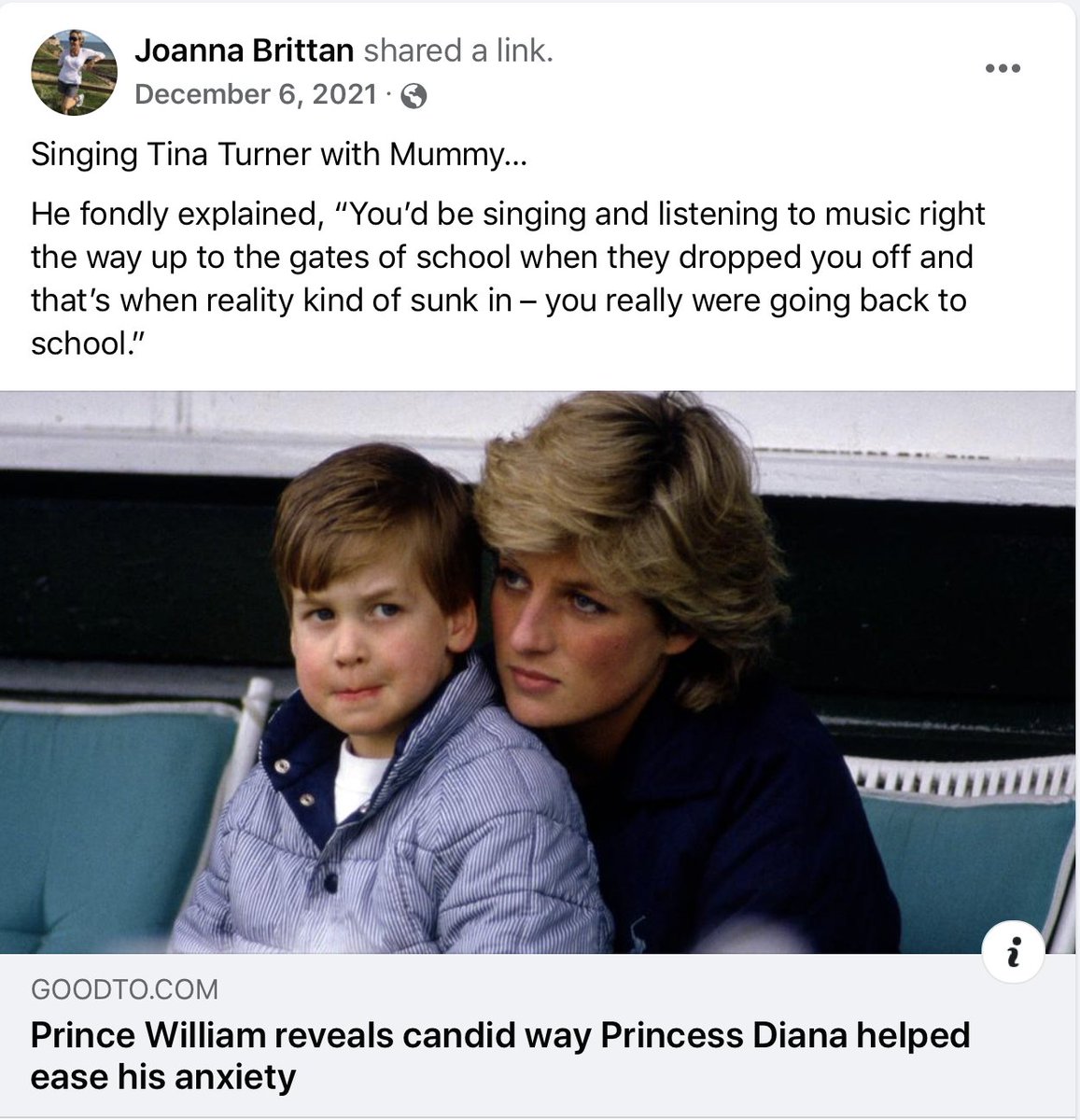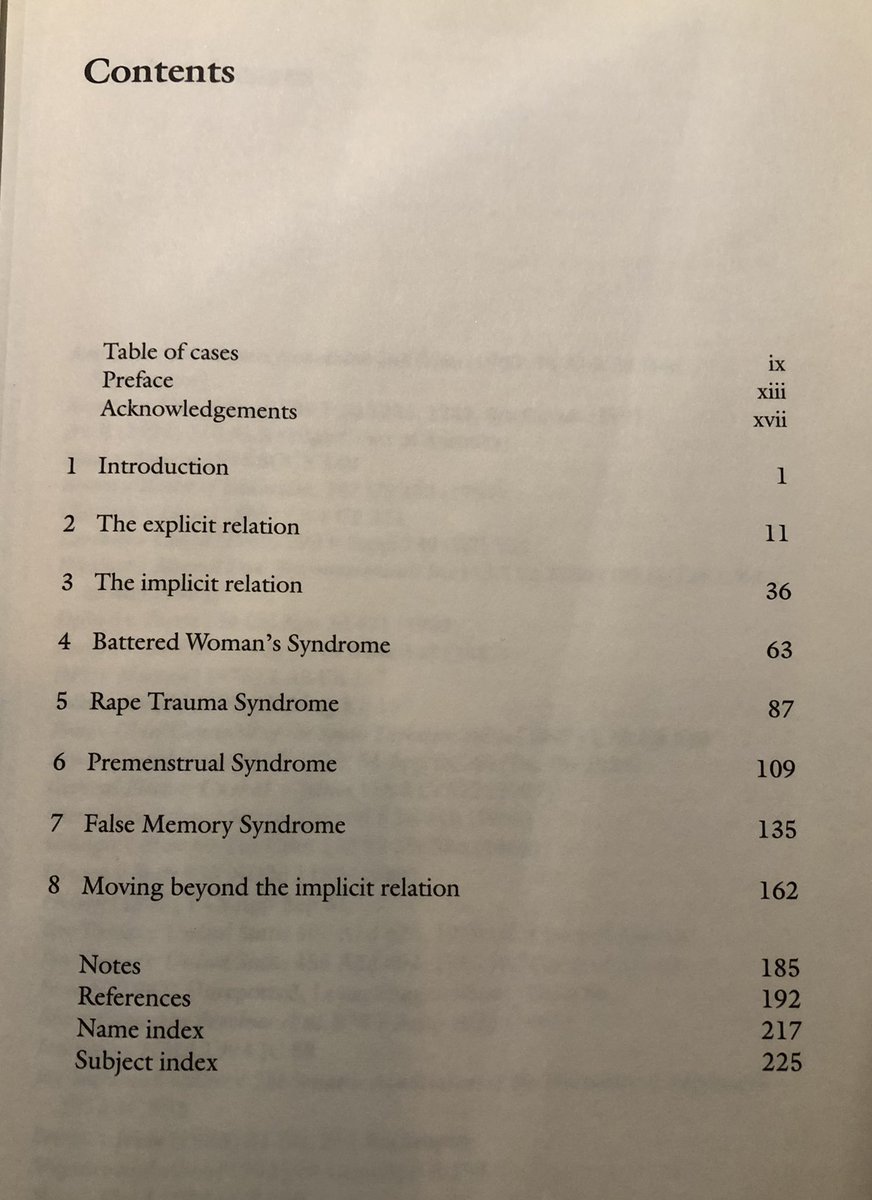
Should schools hv a Belonging Policy? or Relationship Policy? or a Behaviour Policy? That was t debate on my timeline ystrdy. I thought maybe a THREAD on ATTACHMENT STYLES wd help in navigatng this territory. A 'sense of belonging' sounds cozy, but t biology isn't straightforwrd.
2. John Bowlby's Attachment Theory has been w/ us since t 1930s, but it is still not well understd in professionl systems or t public. That's because it is counter-cultural, complex & has (like all good theories) been critiqued. I'm glad #ACEs has renewed attn to it. 

3. Attachmnt is NOT about children. It is about human beings. It is part of our biology - like lungs & hearts. We are BIOLOGICALLY WIRED to NEED CONNECTION in order to thrive emotionlly. At extremes, without enough connection, human babies die. bettercarenetwork.org/news-updates/n…
4. I keep puttng key ideas in caps because I am not sure our society or our educ system or our legal system or our politicians or... understand this key idea. Babies are born w/ a brain & stress system that NOTICES t behaviour of other ppl, espclly t RESPONSES those people give.
5. Attachmnt is based in ANXIETY. "I need Mummy/Daddy to keep me safe. What if they don't like me?? What if they abandon me because of that?? I could die!!!, eaten by prowling Tigers that I'm not big enough to run away frm. I need to work out how to get them to love me." ANXIETY.
6. Guess what? Some babies (approx 50%-60% of UK populatn) are lucky enough to discover their parents can respond to (cope with, tolerate) a wide range of their baby's emotions (behaviours). T babies come to TRUST that its okay to 'be thmslves'. Anxiety decreases. Biology adapts.
7. What abt t other 40%-50%? Well, Bowlby called them 'insecure'. They don't TRUST in t emotional responsivenss of relatnships. Why not? Because they legitimately discovered their parents cdn't cope w/ all of their emotions. T babies had to adapt. Their biology remained ANXIOUS.
8. What?? But why would parents not be able to cope w/ their baby's emotions (behaviours)? Well, for tons of reasons. Like: The culture tells parents they shouldn't give too much attention or they'll 'make a rod for their own back'. babycentre.co.uk/b25031174/to-e…
9. Or like: T culture sees it as normal not to get too close to babies anyway, because they will in a few yrs time be sent away to boardng school, as were their parents before thm & thr parents before thm. @SimonPartridge talks abt ths class culture. icclondon.org.uk/wp-content/upl…
10. Or like: Your baby's emotions (behaviours) trigger you in unconscious ways. You can't tolerate yr baby's crying or anger or overwhelm or... The #CircleOfSecurity team call this 'Shark Music'. Many of us are blissfully unaware of our own triggers. vimeo.com/145329119
11. So, Attachment Styles are basically ways of making sense of (naming) t main patterns of anxiety & threat that people carry in their biology about the responsiveness of relationships. Adult retain in their biology (stress system) the LESSONS IN TRUST they were given as babies.
12. So how does that relate to Relationship or Belonging or Behaviour Policies in schools? Well, if your early experiences left you w/ an insecure attachmnt style, then 'belonging' isn't cozy & relaxed for you. Life taught you that belonging is in itself threatening in some way.
13. This idea can be surprising & confusing. So here's a great illustration. This @VICEUK piece by Harriet Lane on consequences of boarding school (sent to me by @jebrittan2). "Deep within me was an intimate understanding that LACK OF PRESENCE = LOVE." vice.com/en/article/bvg…
14. "In my 20s &early 30s, if there was an emotionlly unavailable, remote & aloof male within 10 miles, I was all over him like a rash. The less they were there for me, t more I desired thm. Love for me ws abt yearning, not physical presence." BELONGING ws complicatd for Harriet.
15. Can things get better? Yep. Harriet's story tells us how. Did she 'recover'? Well, if you mean: Is she totally at ease now? Nope."I retreat. Being on my own is still my comfort zone." But things are better. She has a family who can let her be herself. vice.com/en/article/bvg…
16. So whn schools create a Belonging Policy or a Relationship Policy, it really means they are creatng a Responsiveness Policy -- one that seeks to RESPOND to childrn's emotional needs. Behaviour is seen as a clue as to what those needs are. Respondng to needs = sense of safety.
17. But is that possible? Can you create a culture where t needs of hundreds (thousands??) of childrn's individual needs can be considered? YES. Just ask @Markfinnis. Or @leenybrennan & @AngelagGardner whose schools just won @AandTSSAward Attachmnt Award.
18. The reason I wanted to talk abt this is because rising awareness of trauma has left us searchng for new understanding AND new terminology. It wd be easy to assume that 'Belonging' naturally feels cozy and that 'Relationships' automatically feel warm & reassuring. Nope.
19. You can hv 'relationships' & cultures of 'belonging' that are built on anxiety or fear or humiliation or violence. That's been t point of my recent threads on boarding school, drawing on @axrenton book. Belonging can be based in emotional non-thriving.
https://twitter.com/suzannezeedyk/status/1485910387056852995?s=20&t=HTMbORLhXPwS9mF8EskalA
20. And Behaviour Policies? Well, if a policy leads one to focus only on behaviour and does not seek to CONTEXTUALISE that behaviour within the emotional (stress) state/history/needs of that child, well then, NO. It can't be emotionally responsive, can it? That's not its aim.
21. Here's where this stuff stumbles on controversy. Behaviour Policies hv been t norm in our country for decades. Not everybody is in favour of change. And some people assume Relationshp Policy means behaviour gets ignored. Not true. Behaviour is CONTEXTUALISED. Within emotions.
22. Strong feelings exist on Twitter about these issues. I accept that. I just think that as many ppl as possible also deserve to understand what is being discovered abt human biology & stress. We didn't always know this stuff. I think our childrn deserve us to be curious abt it.
23. My key point in this thread is a linguistic one. When we call a policy 'Relational' or 'Belonging', that's shorthand for something richer & deeper. If we can articulate the QUALITIES of that belongingness, it will be based in experiential hopes for t children. Not behaviours.
24. The pandemic gives us the opportunity to really think about what this shift in mindset could mean. I love that @BoclairAcademy now even talks abt TOAST as trauma-informed. Opportunities to reduce stress exist everywhere, as @CMorgan_1 often points out.
25/end. In t 1950s, after the trauma of WWII, Bowlby &colleagues worked to change ordinary policies in children's hospitals. They realised they were relationlly harmful. Life is better for us today because of them. I like thinkng abt where 21st century insights &efforts may lead.
@katesilverton @KeeganSmith_Law @john_jonart @AshleyJBaptiste @johnharris1969 @NeilMackay @richardgerver @BenjaminPerks @janehmul @DirectorVRU @UpstartScot @GiveTimeScot @SteelSusie @childinmind @_LisaCherry @LisaReagan3 @bphillipsonMP @Dr_Pam_Jarvis @grahamchatterl2 @drjessm
• • •
Missing some Tweet in this thread? You can try to
force a refresh













